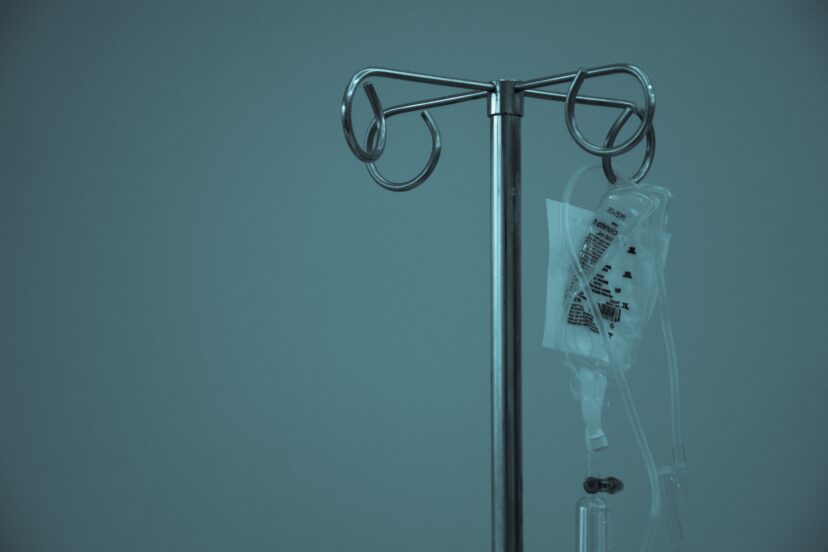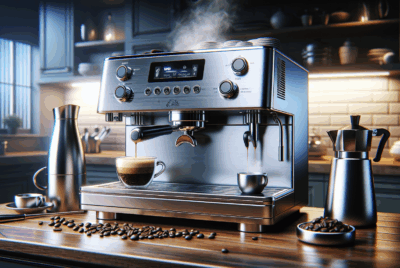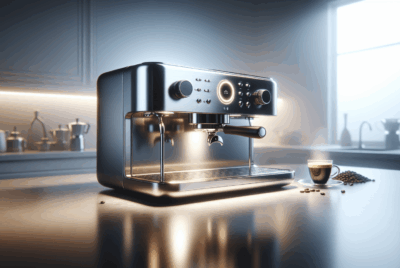The Truth About Espresso: Is it Bad for You?
As an Amazon Associate, I earn from qualifying purchases, at no additional cost to you. Disclaimer
Hello there, fellow coffee lovers! I just realized many of us have this lingering question in our minds – is our beloved espresso secretly harming us? Well, today, I gathered all the scientific research, medical inputs, and nutrition data to lay that question to bed once and for all. Today’s question: Is espresso is bad for you? – aims to sift through myths, unveil facts and finally answer this frequently asked question about our favorite pick-me-up.
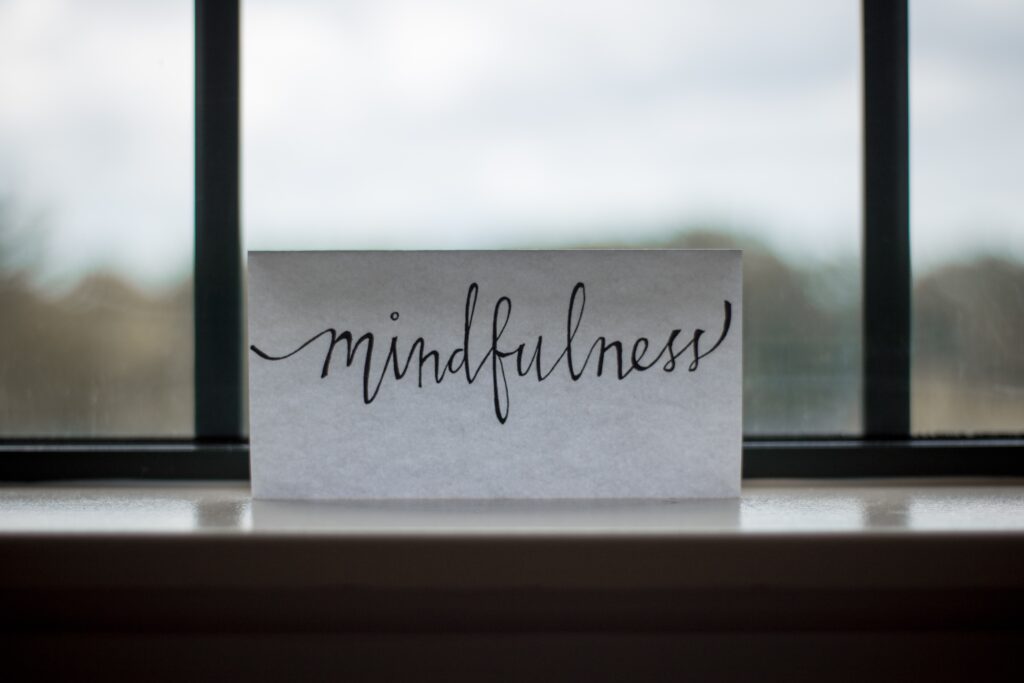
Understanding Espresso
Definition of espresso
Espresso is a type of coffee that originated from Italy. It’s a highly concentrated form of coffee that is made using a specialized brewing method. The coffee is finely ground, compressed into a “puck” and brewed using high pressure and hot water. This results in a dark, rich, and aromatic drink that’s typically served in small volumes due to its strong taste.
How espresso is made
Making espresso involves a delicate process that requires both skill and understanding. You start with high-quality coffee beans, which are then roasted to a dark brown color. These are then ground to a fine consistency. The ground coffee is then tightly packed or ‘tamped’ into an espresso machine’s portafilter. Hot water (at about 200 degrees Fahrenheit or 93 degrees Celsius) is then forced through this compressed coffee under high pressure. What comes out is a concentrated shot of coffee, or what we know as espresso.
Difference between espresso and other types of coffee
The main difference between espresso and other types of coffee lies in the preparation method. Unlike other brewing methods like filtered or french press coffee, espresso is made by forcing hot water through finely ground coffee under high pressure. This results in a stronger and more concentrated drink. Espresso is also typically thicker and richer. It forms a cream on top when it’s brewed correctly, which is an emulsion of the coffee’s oils, giving it a distinctive taste and texture.
The Caffeine Content in Espresso
Amount of caffeine in a shot of espresso
The caffeine content in a shot of espresso can vary greatly depending on several factors such as the type of coffee bean, the roast, and the brewing process. However, on average, a single shot of espresso (about 1 oz or 30 ml) contains approximately 63 mg of caffeine.
Comparing espresso caffeine content to other coffee types
When comparing espresso to other types of coffee like a regular brewed coffee, it might seem like espresso contains more caffeine because it’s much stronger in taste and concentration. However, a standard serving of brewed coffee actually contains more caffeine on average. That’s because a typical serving of brewed coffee is much larger—around 8 oz, usually containing around 95 mg of caffeine.
Effects of high caffeine intake
A moderate amount of caffeine can have beneficial effects such as increased alertness, improved cognitive function, and enhanced physical performance. However, high caffeine intake can lead to adverse effects like restlessness, insomnia, increased heart rate, and digestive problems. Everyone has a different tolerance to caffeine, but health authorities suggest that up to 400 mg (about 6 shots of espresso or 4 cups of brewed coffee) per day is generally safe for most healthy adults.
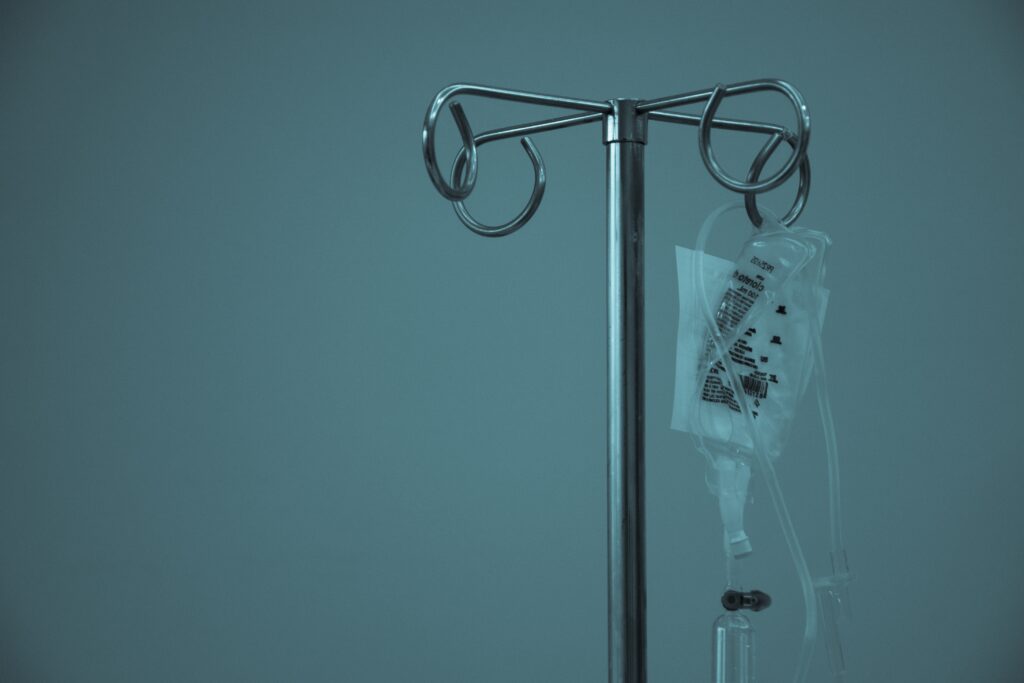
The Sugar Content in Espresso
Understanding added sugars in espresso drinks
While a shot of espresso itself does not contain any sugar, many coffee shops serve a variety of espresso-based drinks like lattes, cappuccinos, and mochas, which often have added sugars and syrups to create a sweeter, dessert-like drink. These can significantly increase your sugar intake.
How sugar affects your health
Consuming too much added sugar can lead to several health issues. Over time, high sugar consumption can result in weight gain and increase the risk of heart disease, type 2 diabetes, and poor dental health. It’s always better to consume these sugar-added espresso drinks in moderation and consider them an occasional treat rather than a daily beverage.
Choosing espresso drinks with lower sugar
To reduce the sugar content in your espresso drinks, you can request less or no sugar when ordering. You can also opt for low-fat or plant-based milk to replace condensed milk or cream. Instead of flavored syrups, you could try natural sweeteners or spices like honey or cinnamon to add flavor without adding excessive sugar.
Acidity in Espresso
The pH level in espresso
Espresso, like all coffee, is naturally acidic. The pH level in espresso ranges from 4.5 to 6, with 1 being the most acidic and 14 being the most basic (or alkaline). This acidity can contribute to the tasty tang present in every espresso shot but can also have effects on your health.
How acidity affects taste and health
The acidity in espresso (and coffee in general) contributes significantly to its bright, vibrant taste. However, if you’re sensitive to acidity, you might experience heartburn or acid reflux after consuming espresso. Additionally, high levels of acidity can cause tooth enamel erosion over time.
Comparing espresso acidity to other beverages
Despite its acidity, espresso is less acidic than many other beverages. For instance, most soft drinks and juices have a pH level of 3 or below, making them more acidic than espresso.
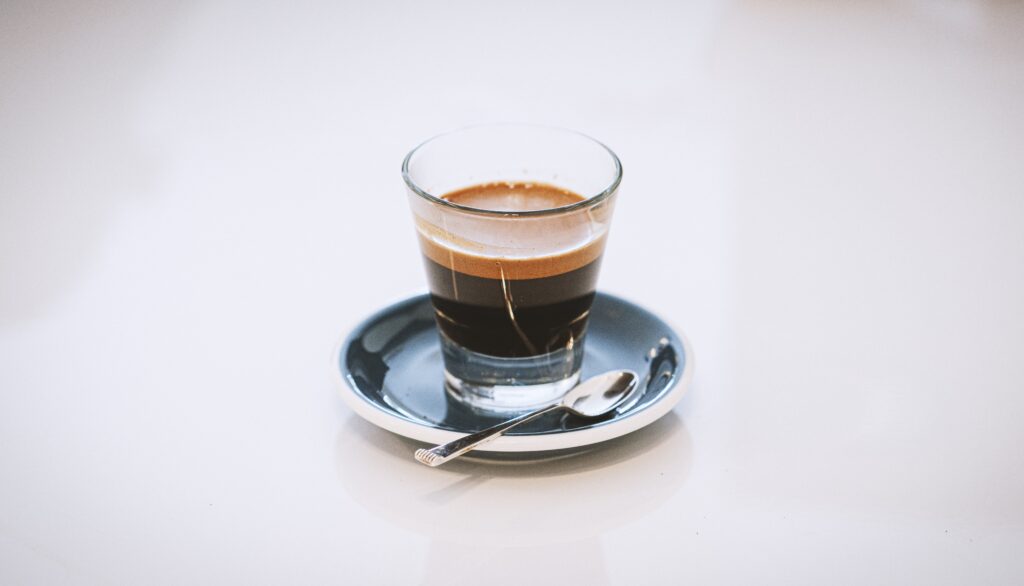
Espresso and Hydration
Dehydrating effects of caffeine
Caffeine, a component of espresso, has diuretic properties, which can increase urine production and potentially lead to dehydration. However, these effects tend to be minor and often are neutralized by the water content in the beverage itself.
Balancing espresso consumption with water intake
Despite the minor diuretic effects of caffeine, it’s unlikely that drinking espresso will lead to dehydration if you also maintain an adequate intake of water. Like all drinks, espresso does contribute to your daily hydration needs, but it shouldn’t replace plain water completely.
How to stay hydrated while drinking espresso
Pour a glass of water alongside your espresso to balance any potential diuretic impact. Alternating between espresso and other caffeine-free fluids throughout the day can also help to maintain balanced hydration levels.
Espresso and Digestion
Effect of espresso on the digestive system
Espresso can stimulate muscle contractions in the large intestine, mimicking the effect that a meal has on the colon. This can result in an increased urge to defecate. However, espresso can also increase the production of stomach acid, which can upset the stomach in some people.
Why some people experience digestive issues with espresso
People with certain conditions such as acid reflux, gastritis, or ulcers may find that espresso aggravates their symptoms due to its acidity. Furthermore, the high caffeine content can stimulate the digestive system, which may cause discomfort for individuals with a sensitive stomach.
Tips for drinking espresso without disrupting digestion
To mitigate potential digestive issues, you might want to avoid drinking espresso on an empty stomach. You could also try adding a bit of milk or cream to your espresso, as this can help to decrease its acidity.

Espresso and Heart Health
Effects of caffeine on blood pressure and heart rate
Caffeine in espresso can temporarily increase heart rate and blood pressure, which could be harmful for individuals with certain heart conditions. Always consult your doctor if you have any concerns regarding your caffeine intake and its effect on your heart health.
Studies on espresso and heart disease
Some studies suggest moderate coffee consumption, including espresso, does not significantly increase the risk of heart disease and may even protect against certain heart conditions. Nevertheless, these effects can vary widely from person to person based on genetic factors and overall lifestyle.
Safe espresso consumption for heart health
A general guideline for heart health is to drink espresso and other caffeinated beverages in moderation. If you have a pre-existing heart condition, it is always best to discuss your daily caffeine intake with your healthcare provider.
Espresso and Mental Health
Espresso’s effect on mood and sleep
Espresso can have positive effects on mood by acting as a natural stimulant, promoting mental alertness and reducing the feeling of fatigue. However, drinking espresso late in the day might affect your sleep quality due to its caffeine content. Caffeine can interfere with your body’s natural sleep-wake cycle, potentially leading to sleep disturbances or insomnia.
Research on espresso and cognitive function
Several studies have shown that moderate amounts of espresso can enhance cognitive performance, improve memory and concentration, and decrease the risk of developing neurodegenerative diseases like Alzheimer’s and Parkinson’s. However, it’s important to note that too much caffeine can also cause jitters, anxiety, and other side effects.
Understanding caffeine addiction and withdrawal
Coffee, including espresso, contains caffeine, a mildly addictive substance. Regular consumption can lead to dependence. If you suddenly stop taking caffeine, it can lead to withdrawal symptoms such as headaches, irritability, and fatigue.

Espresso and Diabetes
Research on espresso and insulin sensitivity
Some studies suggest that consuming espresso in moderate amounts can potentially improve insulin sensitivity and decrease the risk of developing type 2 diabetes. However, more research is needed in this field to confirm these findings.
Can espresso help prevent diabetes?
The relationship between espresso consumption and diabetes risk is not completely straightforward, as some studies suggest protective effects while others do not show significant results. Therefore, while espresso might be part of a diabetes prevention diet, it should be consumed alongside other healthy behaviors such as balanced nutrition and regular physical activity.
Espresso drinks to avoid if you have diabetes
Espresso drinks with added sugars, such as mochas or lattes, can increase blood sugar levels and should be avoided if you have diabetes. Instead, you should opt for plain espresso or drinks made with sugar substitutes or low-fat milk.
Summary: Is Espresso Bad for You?
Responsible consumption of espresso
Like any food or drink, espresso should be consumed in moderation. While it can have several positive effects, including boosting energy levels, improving concentration, and providing antioxidant benefits, it may also lead to sleep disturbances, digestive issues, and, if consumed in large quantities, certain health conditions.
When espresso could be harmful
Espresso can be harmful if consumed excessively due to its high caffeine content. Additionally, people with certain medical conditions, including gastric issues, heart problems, sleep disorders, or anxiety, might need to limit their espresso consumption. It’s always best to consult your healthcare provider if you have concerns about your espresso intake.
Benefits and drawbacks of regular espresso consumption
Regular moderate espresso consumption can provide certain benefits, such as increased mental alertness and potentially lower risk of some diseases. On the other hand, it can lead to caffeine dependence, disrupt sleep patterns, and increase heart rate and blood pressure, especially when consumed in excess. Therefore, it’s important to tailor your espresso consumption to your individual health needs and lifestyle.

